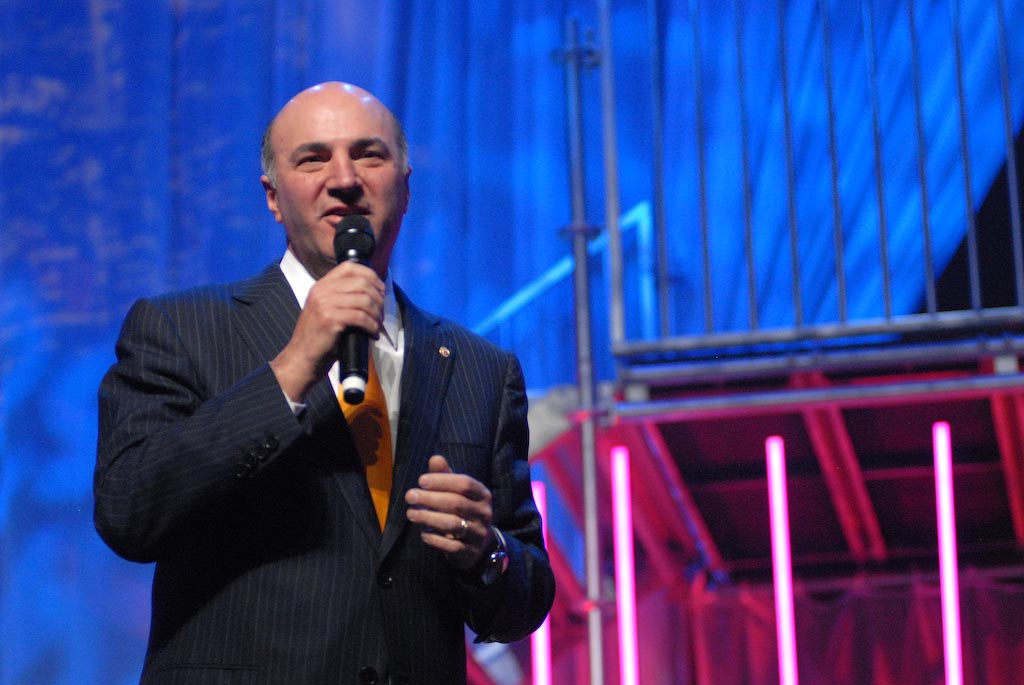John Stuart Mill was esteemed as a political economist and philosopher of liberalism. He was also a British MP with a sharp tongue. “I did not mean that Conservatives are generally stupid; I meant, that stupid persons are generally Conservative,” he noted in parliamentary debate May 31, 1866.
In Mill’s day, having opposed the abolition of slavery and the expansion of the electorate, the British Conservative Party was also known as the stupid party.
Recently it lived up to its old moniker by provoking a vote on membership in the European Union and then losing it — the unnecessary referendum being called for the domestic purpose of blocking the advance of the United Kingdom Independence Party.
In an analysis of the current predicament facing the United States of America, Republican adviser Max Boot observed in the New York Times that the American Republican Party has acquired the title of the stupid party.
First it got stupid, then it got Trump.
As Edmund Fawcett, author of Liberalism: The Life of an Idea, has pointed out, the post-Reagan conservative Republicans were dominated by the religious right and the anti-government fundamentalists, and became unable to face facts and recognize change.
Since 1867 Canadian Conservatives have been pragmatic, following the injunction that a country must have the means to change in order to conserve itself and protect its future.
The Canadian Conservative Party was built on strong institutions. The Anglican Church and its allied Colleges, the military, law, banking and large retail business provided the organizational resources Conservatives could rely on to form government and make policy.
Governing during the 1930s Depression the Conservatives were led by the wealthy and well-connected R.B. Bennett. Though he created the Bank of Canada, the CBC and Canadian National Railways (out of bankrupt endeavours), Bennett found no way to alleviate the plight of farmers, the destitute and the growing out-of-work class.
During the Second World War to demonstrate their willingness to attend to the well-being of their fellow citizens, the Conservatives renamed themselves the Progressive Conservatives.
PC leaders such as Robert Stanfield (1967-76) and Joe Clark (1976-83) had little time for ideology. Their tenures as party leaders were marked by their civility and concern for Canada.
The current Conservative Party of Canada bears less and less resemblance to its forbears.
An important break occurred with the election of Brian Mulroney as leader of the then Progressive Conservatives in 1983. He understood that without support in Quebec, the Conservatives were destined regularly to finish behind the Liberals in the country.
However, Mulroney consented to continental economic integration with the United States (billed as “free” trade), which gave already dominant American corporate interests an expanded role in Canadian political life, while limiting the constitutional control of public affairs by Parliament and provincial legislatures.
Eventually, hugely unpopular, in 1993 Mulroney resigned, leaving his party with no means of securing public support.
The obliteration of the Progressive Conservatives — who were reduced to two seats in the 1993 general election — set the stage for the re-invention of the Canadian Conservatives, first as the Preston Manning Reform Party (a “faux” populist movement), then as the fake Canadian Alliance, and ultimately as the Conservative Party of Canada (CPC), a personal vehicle for the ambitions of Stephen Harper.
The definition of stupid given by economic historian Carlo Cipolla in his work The Basic Laws of Stupidity is an entity that does damage to others while also damaging itself.
With the withdrawal of Kevin O’Leary from the Conservative leadership race — or O’Lexit — the CPC avoids doing damage to itself. The question remains, can they make a choice that, unlike the Harper-led party, does not promise damage to others?
The current CPC leadership contest has seen the party grow to just short of 260,000 members. Voting is underway to select one of 13 undistinguished candidates, with Quebec MP and former minister Maxime Bernier holding a temporary lead.
Bernier brings to the race an extreme version of libertarian economics. He would privatize government services, deregulate commerce and industry, and reduce government. By choosing him, the CPC would have difficulty winning an election, which would reduce its chances of doing damage to Canadians.
An intelligent entity is one that makes things better for others while helping itself. Such is the goal of normal political parties. The only Conservative party candidate who seems to understand this is MP Michael Chong. He is given no chance of winning the leadership.
As a result of the voting process that will be concluded on May 27, it is likely the CPC will find itself with a leader unable to match the able performance of interim leader Rona Ambrose, who was ruled out of the race by virtue of having her colleagues declare she was up to the job, which she has done very well.
It’s all part of a scenario that is being played out among conservatives in Britain and the U.S.: aspiring to stupid.
Duncan Cameron is former president of rabble.ca and writes a weekly column on politics and current affairs.




